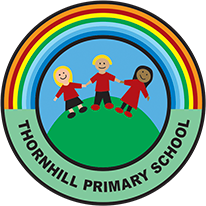Visual Impairments
What is vision impairment?
Vision impairment is a diagnosed visual condition which cannot be fully corrected with glasses or other medical intervention. Vision impairment can occur when part of the visual system does not develop properly, becomes damaged or does not work effectively.
How to spot children and young people with visual needs?
Signs of a possible vision problem in a child who hasn’t been diagnosed with a visual impairment may include:
- constant eye rubbing or chronic eye redness
- extreme light sensitivity
- squinting, closing one eye, or misaligned eyes
- poor focusing or trouble following objects
- inability to see objects at a distance
- inability to read a whiteboard or blackboard, etc., or difficulty reading
- tripping or falling frequently/bumping into things
- missing social cues
- not spotting their friends/familiar people from a distance
Where to seek help?
The Visual Impairment Team are educational professionals who are specialists in teaching children with a visual impairment. The team work with children and young people aged 0–25 with a vision impairment.
The Visual Impairment Team provides support to visually impaired children, their families and their schools, working in a range of settings including nurseries, primary schools, secondary schools and colleges. The team also support very young children and their families in the home setting.
The Visual Impairment Team can provide assessment, advice, equipment, modified curriculum materials, training and direct teaching to enable children to fulfil their potential. Support from the team is based on the individual needs of the child or young person.
